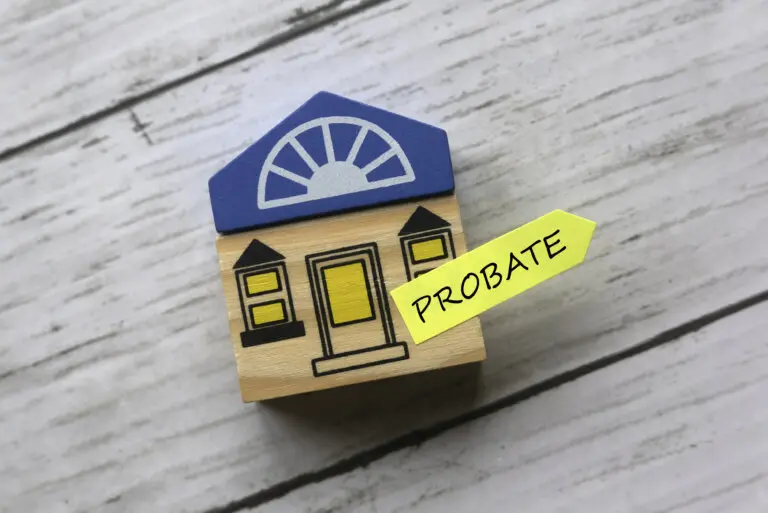At Surprenant & Beneski, P.C., our legal team has spent many years successfully helping clients throughout Southeastern Massachusetts navigate the complexities of probate. While probate can be a straightforward process, estates of substantial value, or those with assets in various states or countries, often face a probate process that is not only costly and time-consuming, but (at times) uncomfortably public.
In such situations, it can be invaluable to have an estate planning attorney who understands the intricacies of Massachusetts law and knows how to protect you, your property, and your privacy.
Our probate attorneys have the well-honed skills attained through years of experience. Below are some of the strategies that work well when it comes to streamlining probate.
Creating Accounts and Policies With Named Beneficiaries
One of the simplest, most effective ways to bypass probate is by designating beneficiaries directly on accounts and insurance policies. This may include retirement accounts, such as 401(k)s and IRAs, life insurance policies, and annuities. Upon the account holder’s death, these assets transfer directly to the named beneficiaries, entirely avoiding the probate process. This does more than simplify the distribution of these assets; it also ensures that the assets are transferred promptly, providing immediate financial support to the beneficiaries.
Creating One or More Revocable and/or Irrevocable Trusts
Trusts are powerful tools in estate planning, offering both flexibility and control over asset distribution. Revocable trusts, which can be altered or revoked by the trustor during their lifetime, allow assets to pass directly to beneficiaries without probate. Irrevocable trusts, which once established cannot be modified, providing potential tax benefits and protection from creditors. Both trust types help ensure that your assets are managed and distributed according to your wishes, bypassing the lengthy, public probate process.
Using Joint Ownership and Right of Survivorship
Joint ownership of assets, particularly with the “right of survivorship,” ensures that upon the death of one owner, the asset automatically passes to the surviving owner(s) without the need for probate. This approach is commonly used for real estate, bank accounts, and vehicles. It’s necessary, however, to understand the implications of joint ownership, including potential tax consequences and the inability to leave the asset to another person in your will.
Joint Tenancy
Similar to the right of survivorship, joint tenancy is a specific type of joint ownership in which all owners have equal shares of the asset. This method is particularly effective for real estate but can also be applied to other assets. Upon the death of one tenant, their share is equally divided among the remaining tenants, avoiding probate.
Payable on Death Designations for Bank Accounts
Many financial institutions allow account holders to specify a payable on death (POD) beneficiary for their bank accounts. This designation means that upon the account holder’s death, the account’s contents are transferred directly to the named beneficiary without having to go through probate.
Transfer-on-Death Registration for Securities
Similar to POD designations for bank accounts, transfer-on-death (TOD) registrations allow for the direct transfer of securities, such as stocks and bonds, to a named beneficiary upon the account holder’s death. This method simplifies the process of transferring investment assets and helps to maintain the portfolio’s integrity.
The Takeaway
With the help of Surprenant & Beneski’s talented attorneys, the bulk of your assets can be protected from the expense and inconvenience of probate. We are well-prepared to offer expert guidance on which of the above methods will work best in your particular case. We are ready to draft, review, and execute all necessary documents, and to create revocable or irrevocable trusts tailored to your specific needs. Contact us now to make certain you have done everything necessary to protect yourself, your estate, and your family from the unnecessary complications probate may present.


